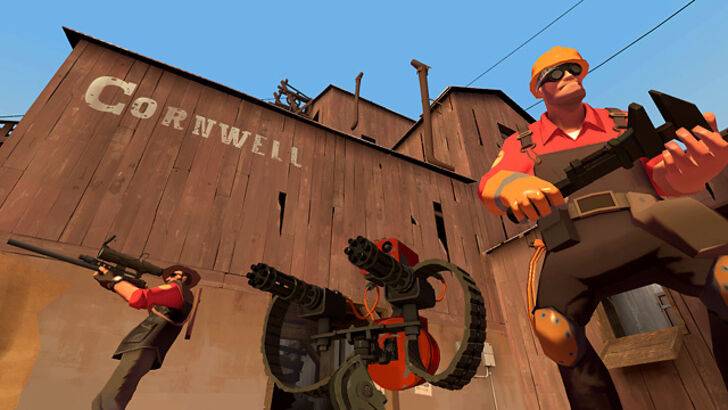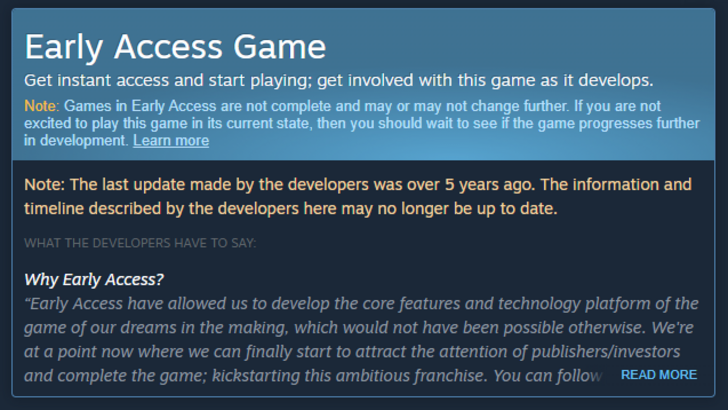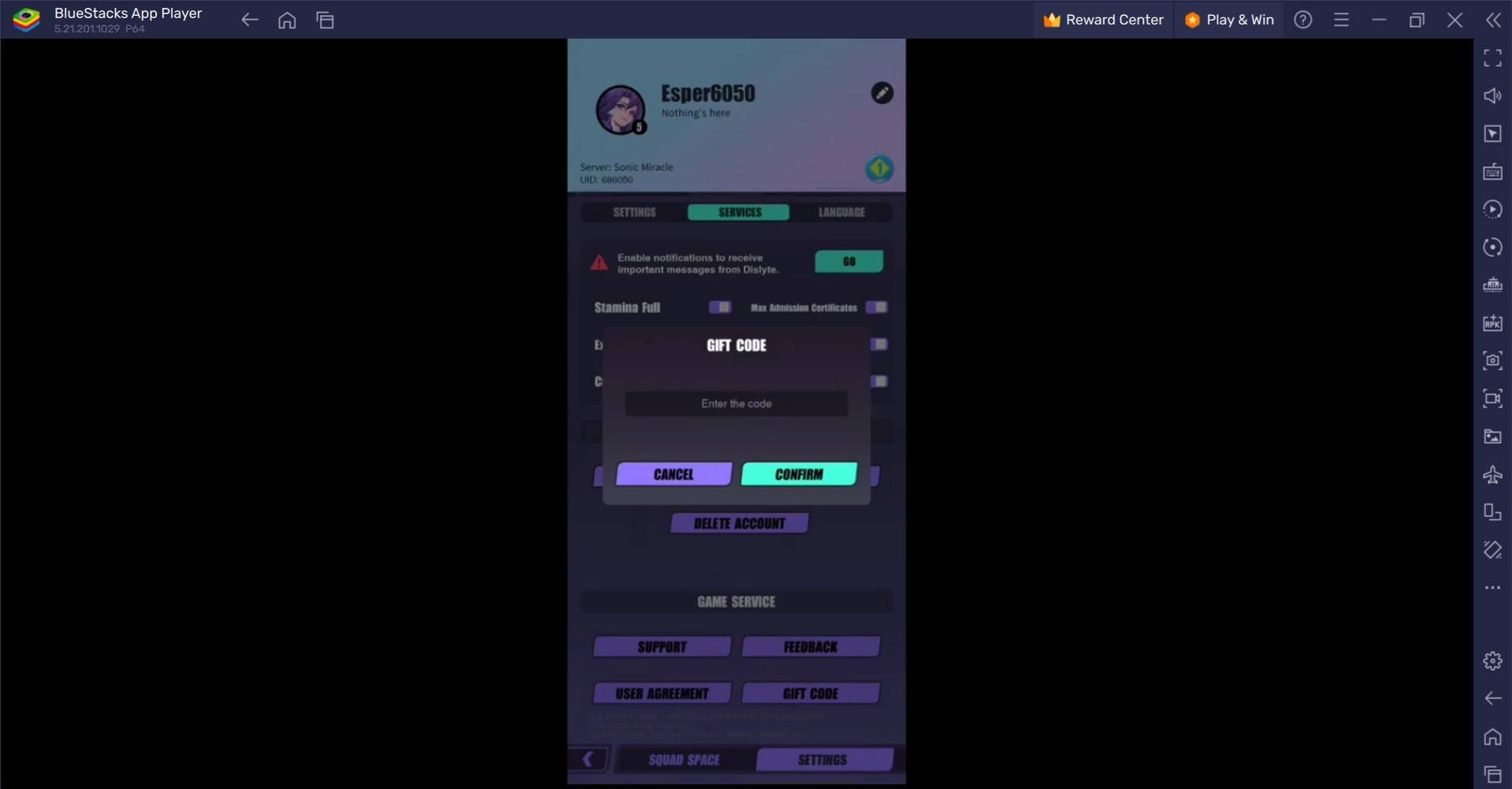
Valve has taken a firm stance against in-game advertising by creating a dedicated policy page that explicitly bans games with forced advertisements. This move is designed to enhance the gaming experience on Steam by eliminating intrusive ads that disrupt gameplay. Here’s a closer look at what this means for developers and players alike.
Valve Rolls Out Rules for Games with Forced Advertising
Games are Forced to Remove Ad Elements

Valve's new policy page clearly states that games requiring players to watch or interact with in-game advertisements to progress or earn rewards are not permitted on Steam. This practice, often seen in mobile and free-to-play games, involves placing unskippable ads between levels or offering ads for bonuses like energy refills. Although this policy has been part of Steamworks' terms for almost five years, it now has its own dedicated page, likely due to the increasing number of games released on Steam. According to SteamDB, 2024 saw an impressive 18,942 game launches on the platform.

To align with Valve's no-advertisement policy, developers must remove ad elements before listing their games on Steam or convert their games into a "single purchase paid app." Alternatively, they can adopt a free-to-play model with optional microtransactions or purchasable downloadable content (DLC). A successful example of this transition is the business management simulator Good Pizza, Great Pizza, which replaced in-game ads with paid DLCs and unlockable content.
Product Placements and Cross Promotions Allowed on Steam
While forced ads are prohibited, Valve does allow product placements and cross-promotions, such as bundles and sale events, as long as the appropriate licenses are in place for any copyrighted material. This includes racing games like F1 Manager that feature real-life sponsor logos on cars, and skateboarding games showcasing real-world brands.
This policy aims to ensure a higher quality gaming experience on Steam, free from disruptive ads that can detract from immersion. Players can rest assured that the games they purchase on Steam will not force them to watch advertisements.
"Abandoned" Early Access Games Now Give Warning

In addition to the ad policy, Steam has introduced a new feature that flags Early Access games not updated in over a year. These games now display a notice on their store pages indicating the duration since the last update and warning that "the information and timeline described here by the developers may no longer be up to date." This feature helps customers identify potentially abandoned titles amidst the growing number of Early Access games on Steam.
The community has responded positively to this addition on social media and Steam forums, appreciating the transparency. Some users have suggested that games abandoned for over five years should be delisted to maintain the platform's quality.
 Home
Home  Navigation
Navigation






 Latest Articles
Latest Articles










 Latest Games
Latest Games












